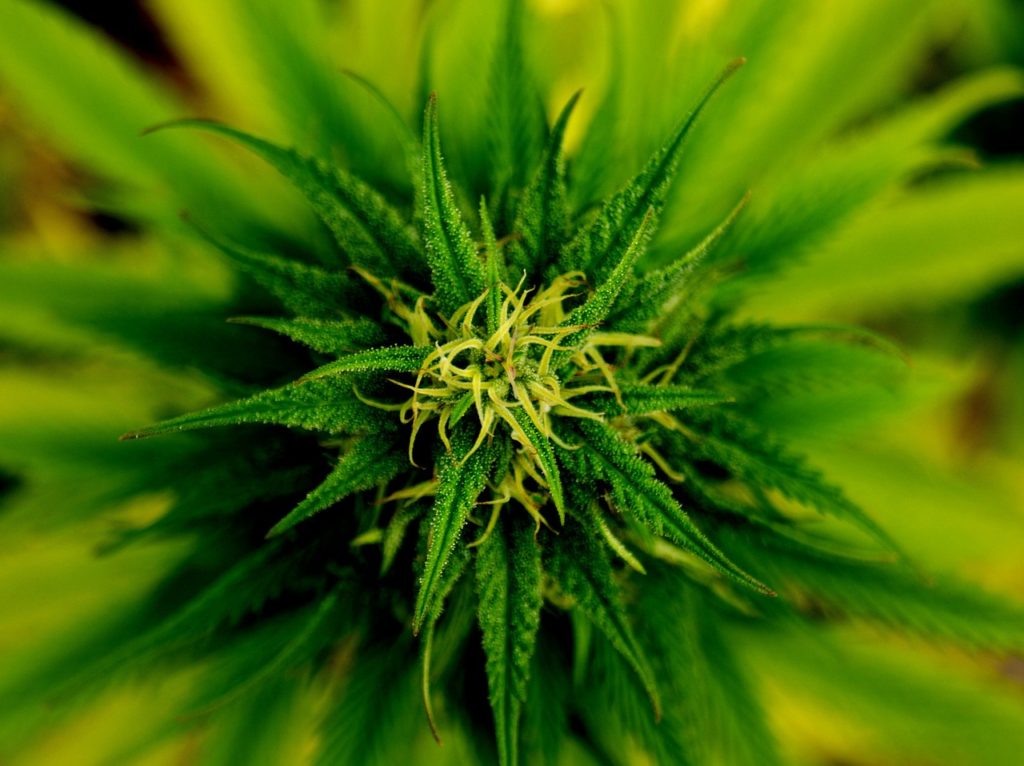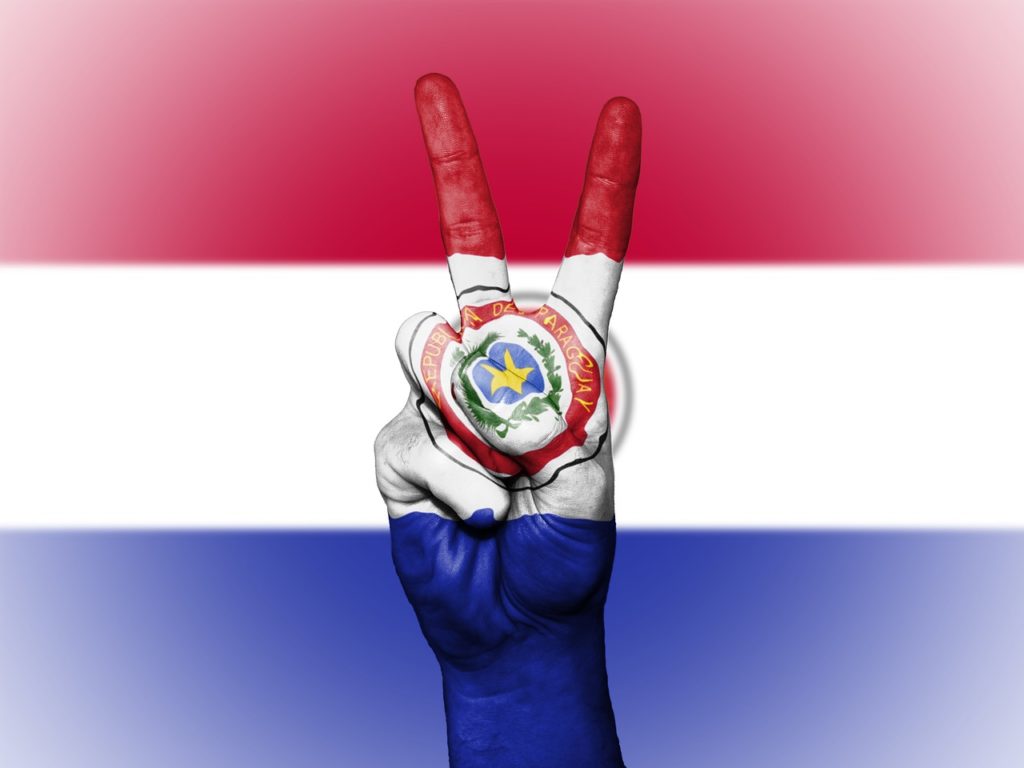In 2017, a law launched a national program in Paraguay. 2% of all grown marijuana goes to the Ministry of Health. Furthermore, patients in need will get it for free. In particular, the drug will facilitate the condition of patients with epilepsy and Parkinson’s. Less than one percent of Paraguay’s population consumes marijuana, according to the country’s National Anti-Drug Secretariat.
Paraguay will start producing and selling medical marijuana


In 2017, a law launched a national program in Paraguay. 2% of all grown marijuana goes to the Ministry of Health. Furthermore, patients in need will get it for free. In particular, the drug will facilitate the condition of patients with epilepsy and Parkinson’s.
Cannabis and it’s uses
The program is about the use of cannabis and its derivatives for medical purposes. At the same time, the State began to procure cannabis oil for medical purposes.
The use of cannabis plant as a drug is legal in Argentina, Chile, Colombia, Mexico, Peru, and Puerto Rico. In Bolivia, Costa Rica and Ecuador, personal use is accepted, but with restrictions. Uruguay is the first country in the world to legalize the sale, use, and cultivation of cannabis plant.
Paraguay’s Congress created a state-sponsored system
This all is to import marijuana seeds and grow the plant for medical uses. A decision that followed other countries in Latin America.
The landlocked South American nation had authorized the importing of cannabis oil in May, under control of the health ministry. Patients celebrated Tuesday’s decision for making it more readily available.


“We are very happy because this will also allow for the import of seeds for oil production,” said Roberto Cabanas, vice president Paraguay’s medicinal cannabis organization. His daughter has Dravet syndrome and the family was paying $300 a month for imported cannabis oil.
Peru, Chile, Argentina, and Colombia had already legalized marijuana for medical purposes. Uruguay has fully legalized growing and selling marijuana for any use.
The health ministry will sign the bill by the executive soon. Growing marijuana for recreational purposes in Paraguay is illegal, yet the country is a key source of illegal marijuana trafficked into Brazil and Argentina.
Paraguay’s booming marijuana export traffic attracting gangs and violence
Paraguay is a global marijuana powerhouse: The small South American country produces 9 percent of the world’s supply. But until recently, it wasn’t common there to see drug raids or hear helicopters thumping overhead in search of plantations. That’s all changing.
Last June, Brazilian gang members killed Paraguay’s most prominent crime lord. He left behind a burgeoning marijuana and cocaine empire that is quickly becoming one of South America’s biggest drug-trafficking headaches, and the fight to control that trade is proving far more vicious than Paraguayan officials anticipated.
With thousands of square miles of farmland, Paraguay has a stable, agriculture-based economy – and the world’s fourth-largest crop of marijuana.


Paraguay has traditionally lacked the rampant violence and corruption
Even so, Paraguay has traditionally lacked the rampant violence and corruption that has allowed expansive drug-trafficking organizations to take hold in other parts of South America. But, its porous borders and central position on the continent, among other factors, have begun to attract increasing attention from major drug gangs.
Less than one percent of Paraguay’s population consumes marijuana, according to the country’s National Anti-Drug Secretariat, or SENAD. Viewing it instead as a high-risk, high-reward cash crop with a better yield than soybeans, one of the country’s main legal exports. That means nearly all of the marijuana grown in Paraguay enters the international black market, SENAD said.
Officials there said about 20 percent of Paraguay’s marijuana export to south Uruguay, Argentina, and Chile. The other 80 percent crosses the border to Brazil. Various gangs purchase it and distribute throughout the country.
—
(Featured Image by fotobias)
First published in runews24 a third-party contributor translated and adapted the article from the original. In case of discrepancy, the original will prevail.
Although we made reasonable efforts to provide accurate translations, some parts may be incorrect. Hemp.im assumes no responsibility for errors, omissions or ambiguities in the translations provided on this website. Any person or entity relying on translated content does so at their own risk. Hemp.im is not responsible for losses caused by such reliance on the accuracy or reliability of translated information. If you wish to report an error or inaccuracy in the translation, we encourage you to contact us.



Comments are closed for this post.